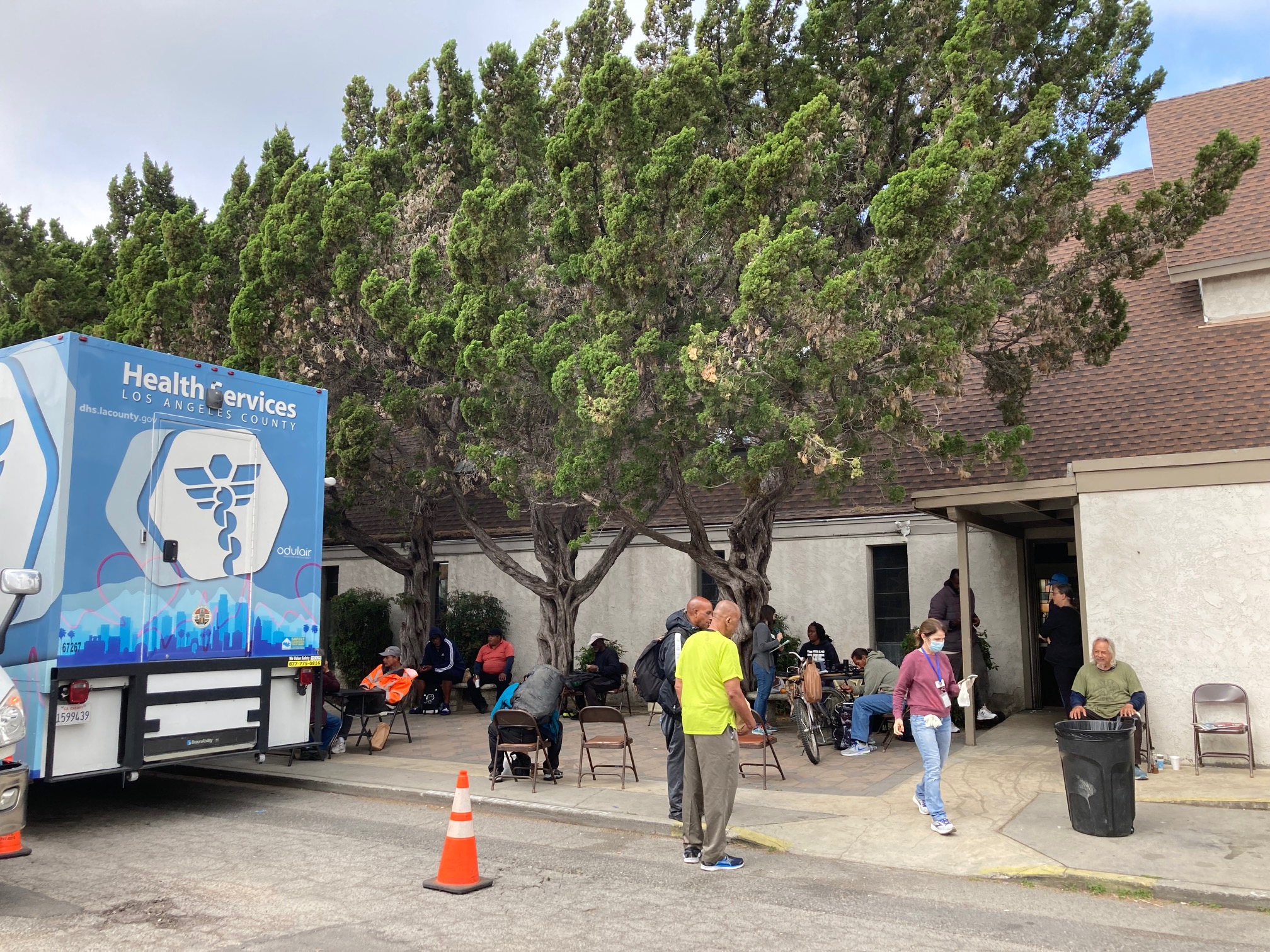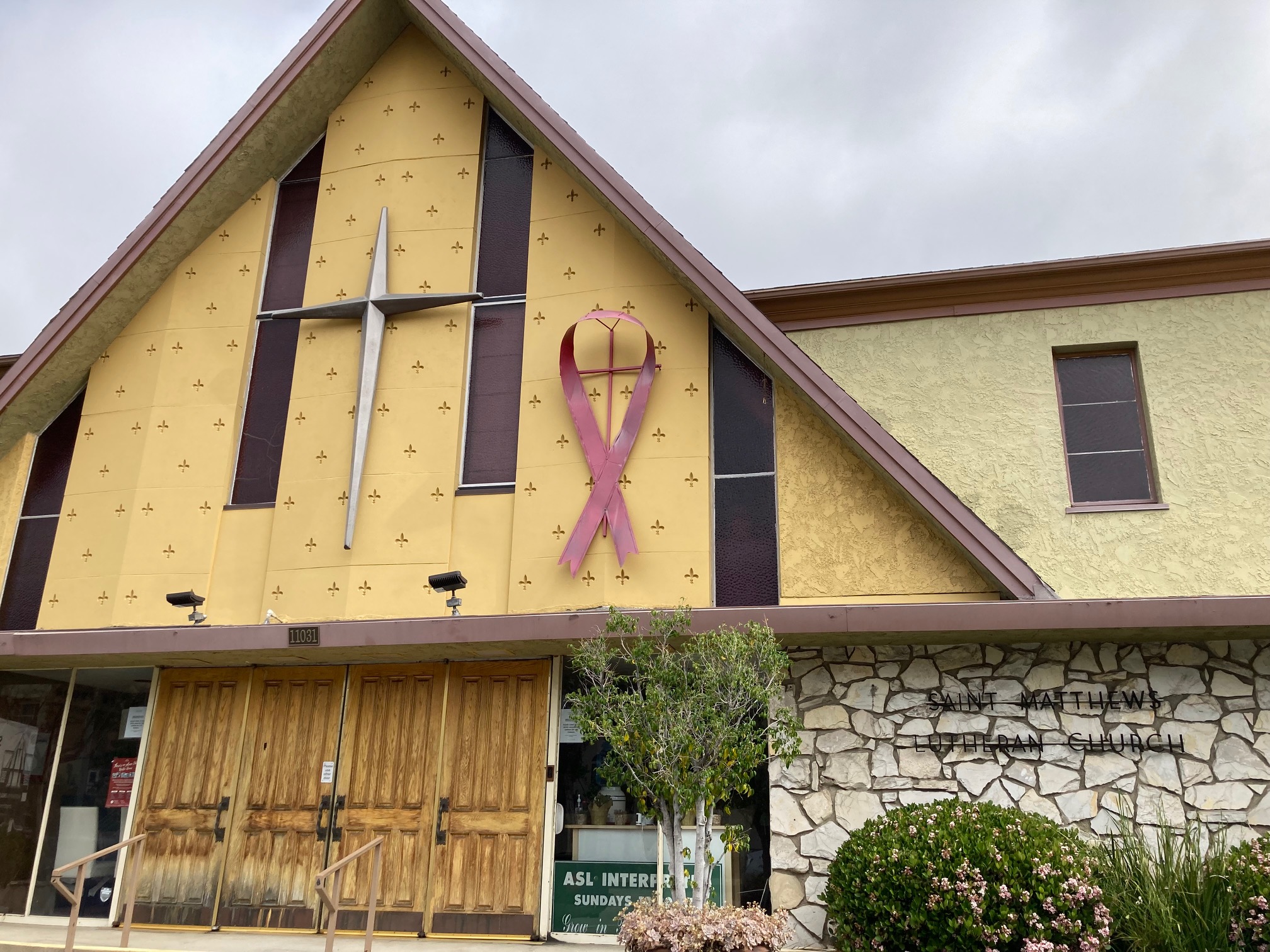
One of the most meaningful pieces of advice I received as a medical student was that “your best teacher is your patient and community.” Yes, while learning about anatomy and diseases and treatments was important to the mechanics of being a doctor — nothing was more important to the art of healing than learning how to really hear what patients were saying — their goals, fears, and stories. Shoutout to Dr. Iljie Fitzgerald and the Healer’s Art for sharing this value with me.
As I continued with my medical training, I learned from peers, nurses, residents, and physicians who embodied this ideal. Folks who could flip the mantra of “doctor knows best” in how they worked collaboratively with patients to diagnose and decide treatment plans (often called “shared decision-making”). But rarely did I see how this ideal could be used to reshape the very systems of care that are meant to heal us — those that often felt the most dehumanizing and unjust. Systems that devalued traditional ways of healing, decided who could access the best treatments based on ability to pay, or even caused direct harm (see Tuskegee Syphilis Study, sterilization of Mexican immigrants in LA during the 1960–70s, being shot by police in the Emergency Room). How could we center that ideal not only in how we worked with our patients, but to reshape the big picture of how health care and public health systems operated?
The idea of centering the voice, concerns, and assets of community and ownership over the design of health systems is not new: the Black Panthers Community Health Services, which through a by-community-for-community approach, provided health care and addressed social determinants of health (e.g., housing, food insecurity) for Black communities that were underserved by traditional health care institutions in the 1960–70s. Recent ways of framing this approach, albeit much more “academic,” have been called slightly different things: learning health care communities, community co-design, etc. While they are slightly different in practice, their North Star is the idea that to meaningfully improve health equity, health systems must invest in community co-ownership in the redesign of how they operate and heal with justice and dignity.
“To meaningfully improve health equity, health systems must invest in community co-ownership in the redesign of how they operate and heal with justice and dignity.”
This is the ethos of the community organization I’ve partnered with for the Health Equity Challenge: the Medical Financial Partnership (MFP), led by Dr. Adam Schickedanz and Dr. Monique Holguin. The MFP regards parents as teachers and the directors of their family’s own financial and health journey. They are working closely with families to re-design how health systems the can partner with communities to co-design approaches that actively invest in—and not only intervene on—health and well-being. In working with Adam, Monique, and the MFP team, I’ve been grateful to learn from leaders who “walk the talk” and do so with humility and dignity.
My proposal reflects a vision that takes this approach and builds a team that brings together parents, clinicians, social workers, community health workers, technology experts, and health system administrators to reshape how families connect to public benefits and social services in a human-centered way. How might we make an often stigmatizing and complex process easier, more human-centered, and opportunity-oriented (not deficits-based)? As my own journey continues, I am excited to work alongside families as my teachers to help build this reality.

By Patrick Liu
2023 Health Equity Challenge Finalist
Patrick Liu is a Doctor of Medicine (MD) student at the David Geffen School of Medicine at UCLA and a PhD student with UCLA Medical and Imaging Informatics (MII). A Bay Area native and son of Chinese immigrants, he is passionate about advancing health equity through data-driven, people-centered, and action-oriented research and implementation.
continue reading
Related Posts
Hi, I’m Amani. I’m a third-year medical student at UCLA, a former high school science teacher, a published short story writer, and (hopefully 😊) a future neurosurgeon.
When I first saw Brea at the LA animal shelter, her white-gray checkered fur was overgrown and severely matted.
I find myself standing on a winding path, fraught with the fears and uncertainties that have long shadowed the dreams of my community.






